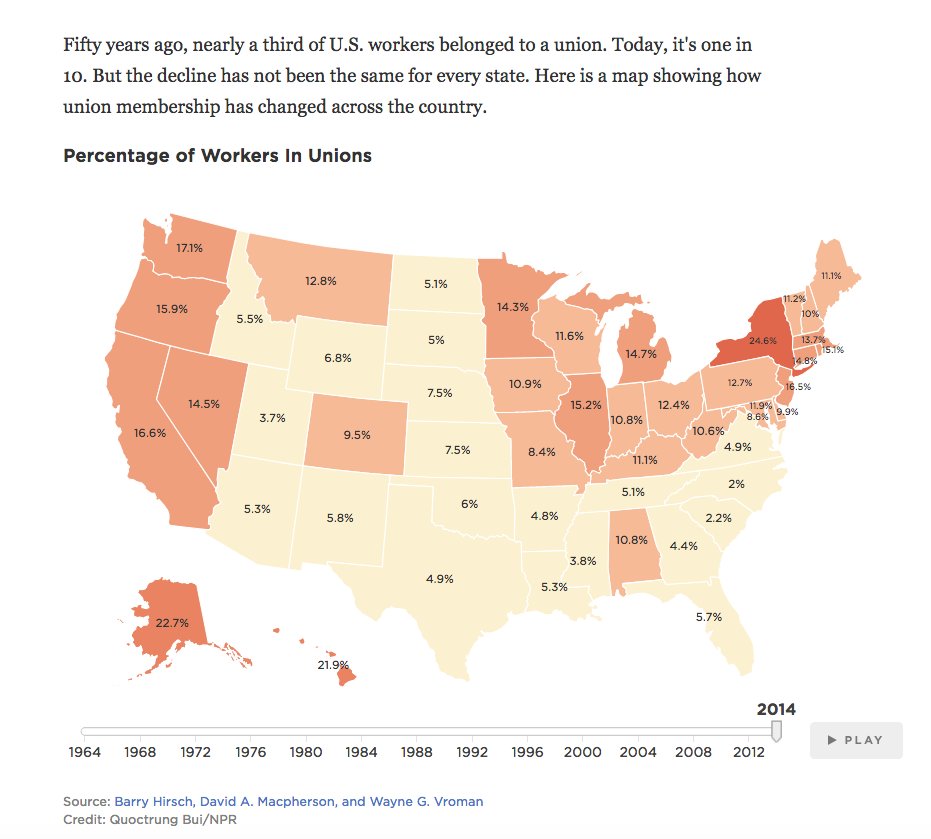
Some random, disconnected thoughts...are we at the beginning of a new financial crisis leading to a recession?
Well, we just don't know and so many economic predictions come from either blowhards or people who don't have any specialized predictive power.
Well, we just don't know and so many economic predictions come from either blowhards or people who don't have any specialized predictive power.
For example, how often have you heard predictions of an imminent recession only to see the BLS comes out with a report saying we added 500,000 jobs per month? It seems like a discourse dominated by Republicans who just *wanted* a recession so they could blame it on Biden.
It's only about a week since we learned about a very large bank collapse. The *feel* (admittedly not very precise) of the headlines suggests that there is pain ahead and a lot of people are scared. In and of itself that can mean something since psychology influences the economy.
If I had to bet money I'd probably say we're headed for some type of recession, maybe even a mild financial crisis. I don't think it will be as bad as 2008, which was a once in 80-year event.
The @TheBHCNews #bhc2023 just wrapped up. Were presenters finding ways to connect their papers to current events?
I just purchased @jeannasmialek's book, Limitless, which arrived. It must be cool to have one's work be so relevant to current times with the FED and inflation so prominent in the news.
It would be interesting to get Jeanna's take on this:
It would be interesting to get Jeanna's take on this:
I used to do a very in-depth lecture on the Great Recession. It was fun to learn about sub-prime loans, mortgage-backed securities, collateralized debt obligations, and credit-default swaps. I could still rotate it in but now I include it a lecture on Reaganomics.
It's still early. Some basics to keep in mind:
* finance is the lifeblood of the economy b/c everyone relies on credit to function
* bond prices bear inverse relationship to yield (interest rate). As rates go up, prices go down (same thing happens to homes).
* finance is the lifeblood of the economy b/c everyone relies on credit to function
* bond prices bear inverse relationship to yield (interest rate). As rates go up, prices go down (same thing happens to homes).
Apparently #SVB had some bonds on its books that declined in value as interest rates went up, which was one contributor to the bank run that caused its collapse.
A final plea to writers who have technical expertise: communicate *clearly* so that the general informed reader, beyond just your small circle of friends, can understand you. I've seen too many academics make the mistake of not communicating clearly and it sucks.
• • •
Missing some Tweet in this thread? You can try to
force a refresh










